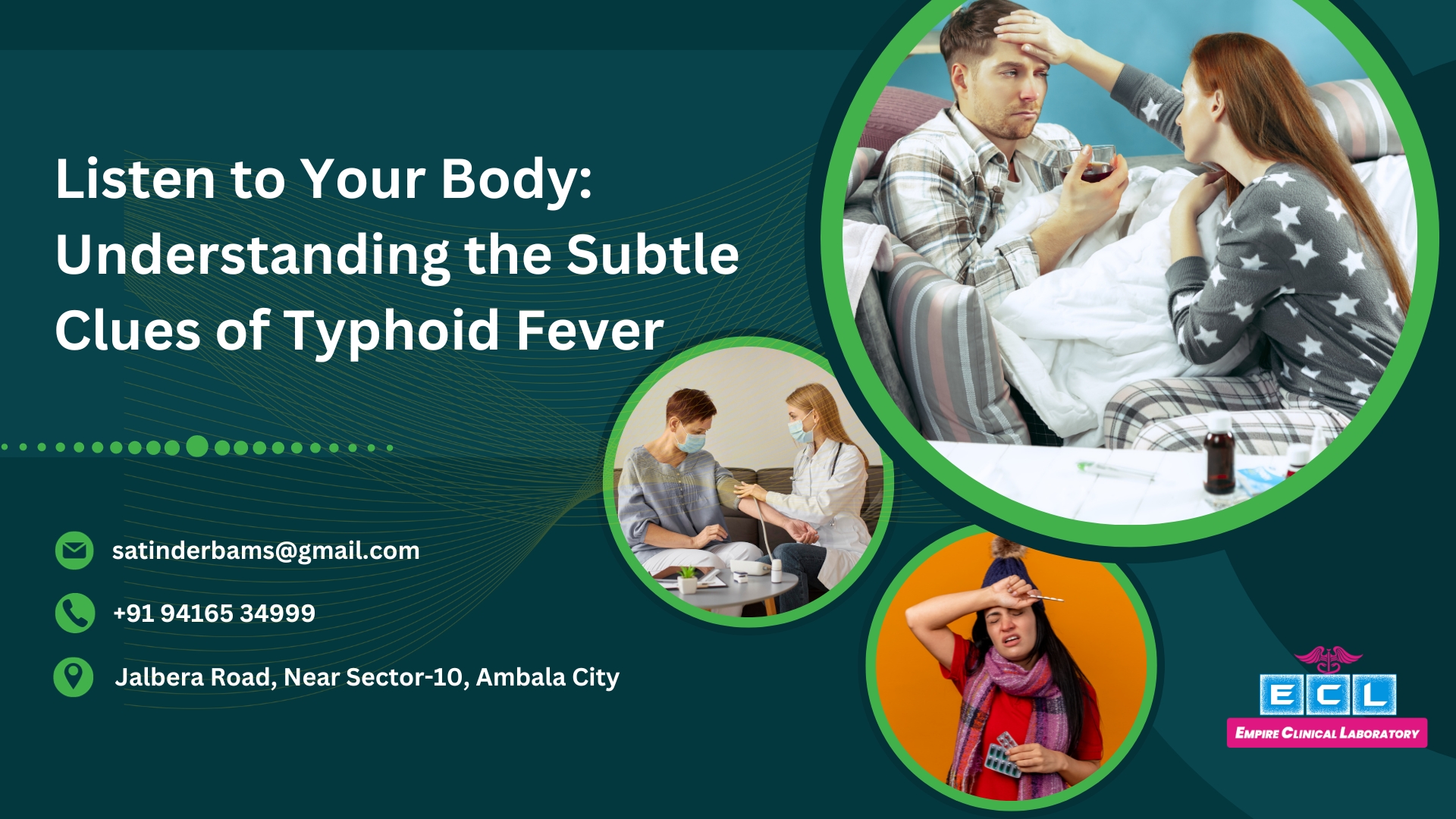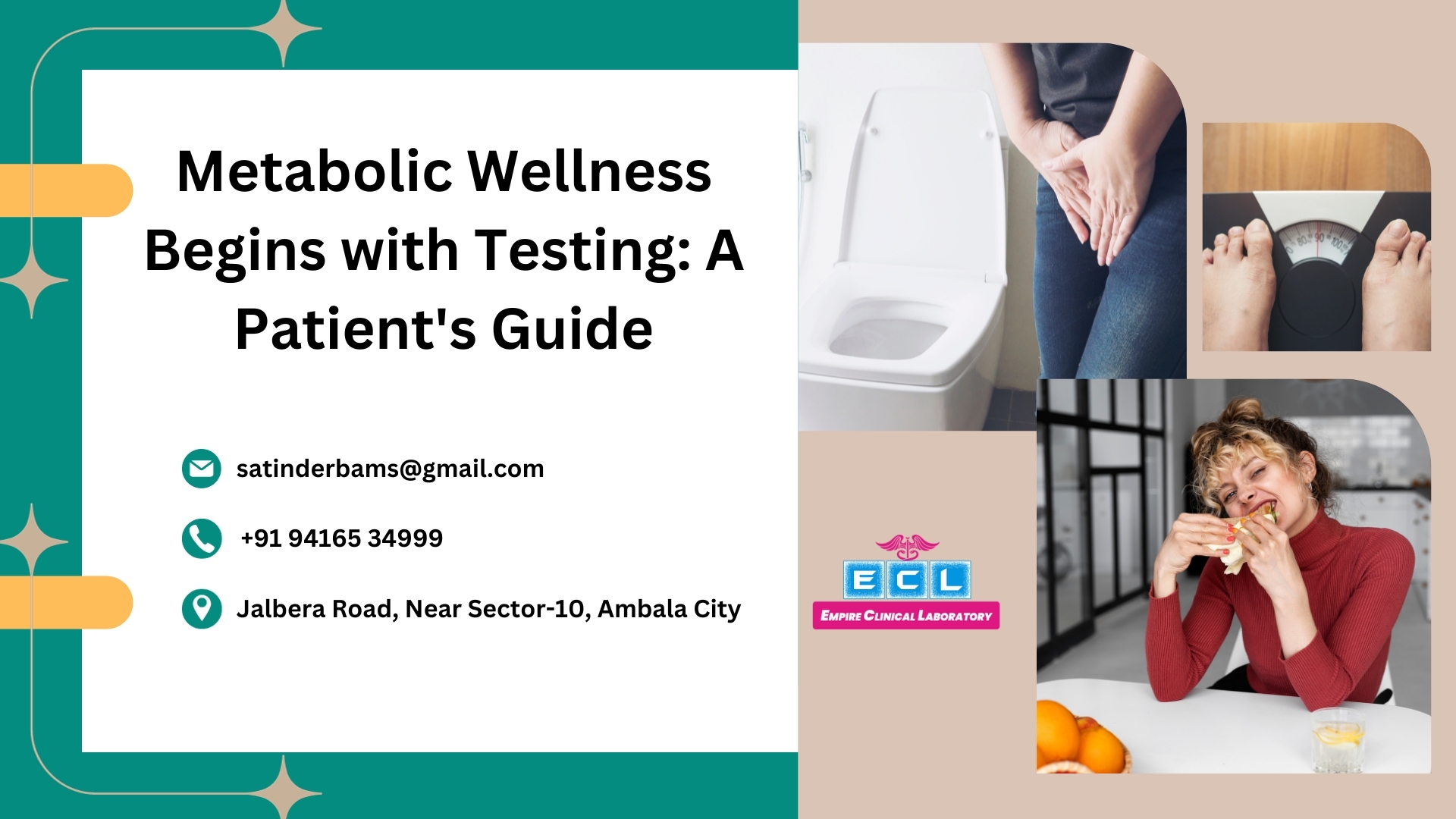Typhoid fever is a serious illness caused by a bacterial infection. It can make you very sick, but with the right information and testing, you can get the help you need. In this article, we'll explore what typhoid is, its symptoms, and how testing can help diagnose and prevent its spread.
Typhoid Fever?
Typhoid is an infectious disease caused by the bacterium Salmonella Typhi. It is often spread through contaminated food and water. People who contract typhoid can experience a range of symptoms, and in severe cases, it can be life-threatening.
Common Symptoms of Typhoid Fever
- High fever
- Weakness and fatigue
- Abdominal pain
- Headache
- Loss of appetite
- Diarrhea or constipation
- Rose-colored spots on the chest and abdomen
Testing for Typhoid Fever
Diagnosing typhoid is crucial for effective treatment and preventing the disease from spreading to others. Here are the common tests used for diagnosis:
Blood Culture: Salmonella Typhi bacteria are identified by testing a blood sample. This is the most accurate way to diagnose typhoid.
Stool Culture: A stool sample is examined for the bacteria. This test is useful, especially in the early stages of the disease.
Widal Test: This blood test checks for specific antibodies that your body produces in response to the Salmonella Typhi bacteria.
Empire Clinical Lab provides a wide range of testing options, ensuring that you receive reliable results in a timely manner. Whether it's medical, diagnostic, or specialized testing, you can trust Empire Clinical Lab to deliver precise and dependable results.
Preventing Typhoid Fever
Preventing typhoid fever involves practicing good hygiene and getting vaccinated if you are in a high-risk area. Here are some preventive measures:
- Wash your hands frequently with soap and clean water.
- Avoid consuming water or food that might be contaminated.
- Get vaccinated if you are traveling to regions where typhoid is prevalent.
Conclusion
Typhoid is a serious illness, but with the right information, testing, and preventive measures, you can protect yourself and your community. If you suspect you have typhoid or are at risk, it's essential to seek medical attention and follow proper testing and hygiene protocols. By understanding the symptoms and diagnosis, you can take steps to stay healthy and prevent the spread of this infectious disease.









